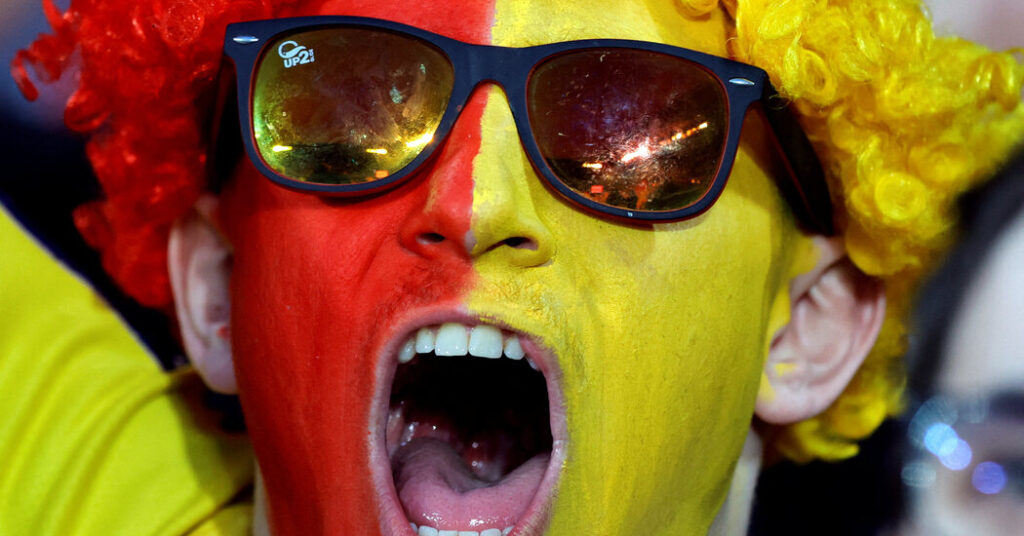This will, after all, be P.S.G.’s ninth French title in 11 years. It does not matter who the coach is. It scarcely matters who the players are. It makes no difference if the team is good, or bad, attractive, ugly, interesting, dull. It can win the league when it is riddled with dysfunction, falling apart behind the scenes. It can win the league when nobody is enjoying themselves. It can win the league and it changes nothing.
In time, few at P.S.G. will remember much about this season. Not the good parts, anyway. There will be some dim recollection of Messi’s unauthorized trip, of the surprising amount of greenery in Saudi Arabia, of Galtier’s brief, unhappy stint in charge, but little else. It will blur, quickly, into nothing but a fuzzy outline of disappointment.
Lens, by contrast, will end the season with nothing but happy memories, recollections of one of the finest campaigns in the club’s long history. There will be no trophy to commemorate it, but no matter. The year that Samba was called up to the France team, that Lois Openda scored all those goals, that Haise might have won something, will be etched into legend.
It is tempting to ask, then, which of those two teams has experienced the better season? Which has enjoyed themselves more? Soccer is, after all, about emotions as much as it is about glory, and the emotions on offer in the heart of Pas-de-Calais seem substantially healthier than those playing out in Paris.
It is, though, perhaps better to ask whether all of that wealth, all of that power, has truly made P.S.G. happy, or whether — more than a decade on from the arrival of its Qatari backers — one of the richest clubs in the world, the pre-eminent force in French soccer, the team that employs Mbappé and Messi and Neymar, might look at little old Lens and think: That looks like fun.


